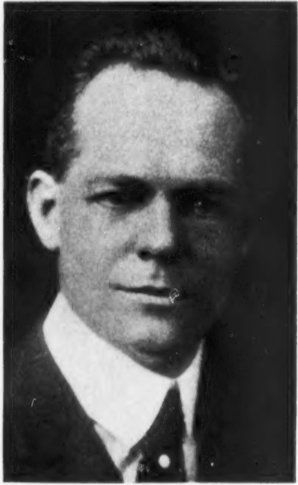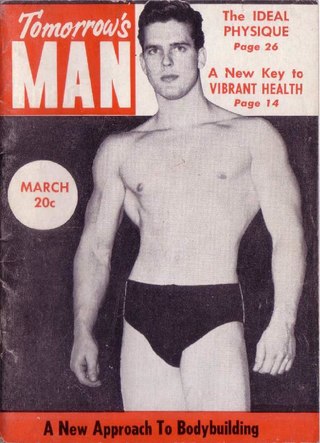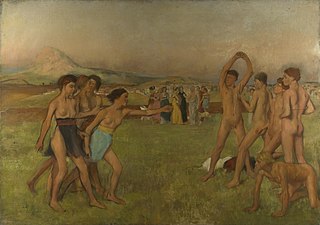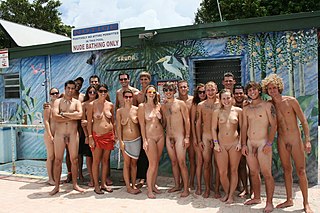
Naturism is a lifestyle of practicing non-sexual social nudity in private and in public; the word also refers to the cultural movement which advocates and defends that lifestyle. Both may alternatively be called nudism. Though the two terms are broadly interchangeable, nudism emphasizes the practice of nudity, whilst naturism highlights an attitude favoring harmony with nature and respect for the environment, into which that practice is integrated. That said, naturists come from a range of philosophical and cultural backgrounds; there is no single naturist ideology.
Martha Stewart Living was a magazine and television program featuring entertaining and lifestyle expert Martha Stewart. Both the magazine and the television program focused on lifestyle content and the domestic arts.
Île du Levant, sometimes referred to as Le Levant, is a French island in the Mediterranean off the coast of the Riviera, near Toulon. It is one of the four that constitute the Îles d'Hyères. Part of the island is occupied by the naturist resort of Heliopolis and the rest is under military control.

Rock Lodge Club is a naturist club located on 145 acres (59 ha) of privately owned land located in the Stockholm area of the Hardyston Township, New Jersey, which is situated on the New Jersey Highlands of North Jersey, about 40 miles (64 km) from Manhattan, New York. Rock Lodge Club and Sky Farm, also based in New Jersey, were founded in 1932 as the first permanent nudist communities in the United States. Both clubs are active today.
Lee Raymond Baxandall was an American writer, translator, editor, and activist. He was first known for his New Left engagement with cultural topics and then as a leader of the naturist movement.

IlsleySilias Boone (1879–1968) was a charismatic speaker, a powerful organizer, a magazine publisher and the founding father of the American Sunbathing Association (ASA)—later reorganized as the American Association for Nude Recreation (AANR). As a publisher he distributed the first nudist magazine in the United States. That publication eventually led to a challenge to the U.S. Postal Service's ban against sending obscene materials through the mail. Boone took his challenge all the way to the U.S. Supreme Court which struck down the ban.
Edward Craven Walker was a British inventor, who invented the psychedelic Astro lamp, also known as the lava lamp.

Freikörperkultur (FKK) is a social and health culture that originated in the German Empire; its beginnings were historically part of the Lebensreform social movement in the late 19th century. Freikörperkultur, which translates as free body culture, includes both the health aspects of being naked in light, air and sun and an intention to reform life and society. It is partly identified with the culture of nudity, naturism and nudism in the sense of communal nudity of people and families in leisure time, sport and everyday life.

Christian naturism is the practise of naturism or nudism by Christians.

Physique magazines or beefcake magazines were magazines devoted to physique photography — that is, photographs of muscular "beefcake" men – typically young and attractive – in athletic poses, usually in revealing, minimal clothing. During their heyday in North America in the 1950s to 1960s, they were presented as magazines dedicated to fitness, health, and bodybuilding, with the models often shown demonstrating exercises or the results of their regimens, or as artistic reference material. However, their unstated primary purpose was erotic imagery, primarily created by and for gay men at a time when homosexuality was the subject of cultural taboos and government censorship.
Gay naturism or LGBT naturism concerns a lifestyle of gay people in which nudity, especially in a communal context, is viewed as natural, positive and healthy. While naturist clubs and resorts in the United States date back to the 1930s, gay naturist organizations did not emerge until the early 1980s. Separate from official naturist clubs, gay individuals have long congregated in locally-known gay beaches in many countries, especially in Europe and North America.

Nude recreation consists of recreational activities which some people engage in while nude. Historically, the ancient Olympic Games were nude events. There remain some societies in Africa, Oceania, and South America that continue to engage in everyday public activities—including sports—without clothes, while in most of the world nude activities take place in either private spaces or separate clothing optional areas in public spaces. Occasional events, such as nude bike rides, may occur in public areas where nudity is not otherwise allowed.

This timeline of social nudity shows the varying degrees of acceptance given to the naked human body by diverse cultures throughout history. The events listed here demonstrate how various societies have shifted between strict and lax clothing standards, how nudity has played a part in social movements and protest, and how the nude human body is accepted in the public sphere.
Anarcho-naturism, also referred to as anarchist naturism and naturist anarchism, appeared in the late 19th century as the union of anarchist and naturist philosophies. In many of the alternative communities established in Britain in the early 1900s, "nudism, anarchism, vegetarianism and free love were accepted as part of a politically radical way of life". In the 1920s, the inhabitants of the anarchist community at Whiteway, near Stroud in Gloucestershire, "shocked the conservative residents of the area with their shameless nudity". Mainly, it had importance within individualist anarchist circles in Spain, France, Portugal and Cuba.
Naturism in the United States is the practice of social nudity as a lifestyle that seeks an alternative to the majority view of American society that considers nakedness and sexuality to be taboo based upon the legacy of Puritan and Victorian attitudes. Enthusiasm for naturism began in the late 1920s with the establishment of members-only communities where naturists could gather to socialize and enjoy recreation without clothing in an environment that was no more sexual than that experienced while clothed. In later decades some groups began advocating for more general acceptance, and the opening up of public land to clothing-optional recreation.

Naturism refers to a lifestyle of practising non-sexual social nudity in private and in public, and to the cultural movement which advocates and defends that lifestyle. Both are also known as "nudism". Naturist organisations have existed in New Zealand since the 1930s. Although not a daily feature of public life, social nudity is practised in a variety of other contexts in New Zealand culture.

A naturist resort or nudist resort is an establishment that provides accommodation and other amenities for guests in a context where they are invited to practise naturism – that is, a lifestyle of non-sexual social nudity. A smaller, more rustic, or more basic naturist resort may be called a naturist camp.
Stephan Glass, more commonly known as Stephen Glass, was a Hungarian-British photographer best known for his nude studies.
Eva Grant was a Turkish-born Greek and British glamour photographer who worked in the male-dominated glamour industry of the 1950s and early 1960s. She worked and lived in Britain and became known for her nude studies and her pocket magazine Line and Form, which ran for over forty issues.












